White d’Uccle Bantam
White d’Uccle Bantams are a charming and beautiful breed of bantam chickens, known for their striking appearance, friendly temperament, and small size. The d’Uccle bantam breed, originating from Belgium, is renowned for its unique feather pattern, which includes a beautiful “feathered leg” trait and a graceful, ornamental appearance. The White d’Uccle Bantam is a particularly eye-catching variety with its pure white plumage and delightful characteristics. Here’s a detailed look at this wonderful breed:
Characteristics:
- Appearance: White d’Uccle Bantams have a distinctive look that sets them apart from other bantams. They have soft, fluffy feathers that cover their bodies and even their legs, giving them a “feathered leg” appearance. Their plumage is pure white, making them one of the most visually stunning bantams. They have a compact, round body with a gentle curve, and their feathers flow elegantly down to their feet, giving them a graceful and charming look. Their face is adorned with a small, single comb and their beak is short and curved.
- Size: These bantams are small in size, typically weighing around 1 to 1.5 pounds when fully grown. Despite their small size, White d’Uccle Bantams are sturdy and have a solid body structure. Their small size and beautiful plumage make them perfect for ornamental purposes, poultry shows, or as pets in small backyard flocks.
Temperament:
- Friendly and Docile: One of the key traits of the White d’Uccle Bantam is their calm and friendly nature. They are known for being very personable and enjoy interacting with their owners. They tend to be very gentle, making them excellent pets for families, beginners, or children. Their calm demeanor means they generally get along well with other chickens and are not aggressive. They are easy to handle, which is why they are favored by poultry enthusiasts of all experience levels.
- Social: These bantams are social birds that thrive in small groups. While they can live happily on their own, they generally enjoy the company of other chickens. They are non-aggressive and can coexist peacefully with other breeds, including larger chickens.
Egg Production:
- Moderate Layers: White d’Uccle Bantams are not heavy egg layers but can produce small white eggs. On average, they lay about 100-150 eggs per year. Their egg production is moderate compared to standard-sized chickens, and they are more often kept for their ornamental beauty and gentle temperament than for egg production.
- Broodiness: One of the standout qualities of d’Uccle Bantams, including the White variety, is their strong broodiness. They have a natural instinct to sit on eggs and hatch them, making them excellent mothers. Many poultry keepers rely on these bantams to hatch eggs from other hens, as they are nurturing and protective of their chicks.
Health and Care:
- Hardy: Despite their delicate, ornamental appearance, White d’Uccle Bantams are relatively hardy birds. They can adapt to different climates, but like all bantams, they require protection from harsh weather. Due to their feathered legs, they are more vulnerable to mud and moisture, so it’s important to ensure that their living area is dry.
- Low Maintenance: White d’Uccle Bantams require regular care, but they are relatively low-maintenance compared to other breeds. They need a balanced diet, clean water, and a safe, clean environment. Their feathered legs may need extra grooming to prevent matting or accumulation of dirt. These bantams are generally healthy, and as long as they are properly cared for, they thrive in backyard flocks.
- Lifespan: The typical lifespan of a White d’Uccle Bantam is around 5 to 7 years, depending on the care they receive. With proper nutrition, shelter, and protection from predators, they can live a long and healthy life.
Advantages:
- Stunning White Plumage: Their pure white feathers make them one of the most visually striking bantam breeds.
- Friendly and Docile: Their calm temperament makes them perfect pets for families and beginners.
- Excellent Brooders: They are excellent at hatching and caring for eggs, making them valuable in flocks that require broodiness.
- Low Maintenance: They are relatively easy to care for and can adapt to small backyard settings.
Disadvantages:
- Moderate Egg Production: They lay a relatively small number of eggs each year, making them less suitable for those who need high egg production.
- Vulnerable to Weather: Their feathered legs and delicate appearance make them more susceptible to cold or wet conditions, so extra care may be needed in harsh climates.


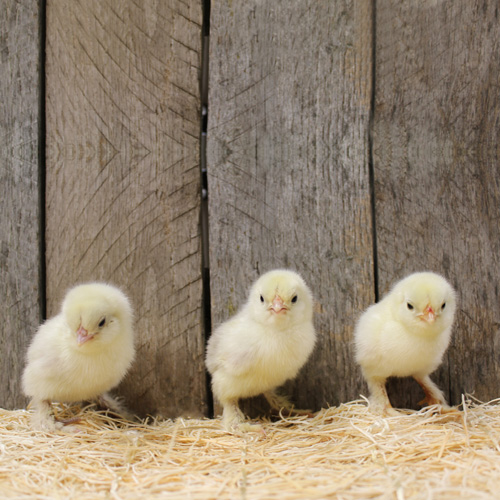
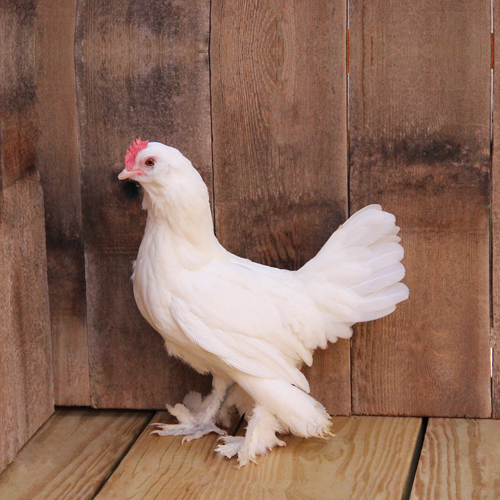
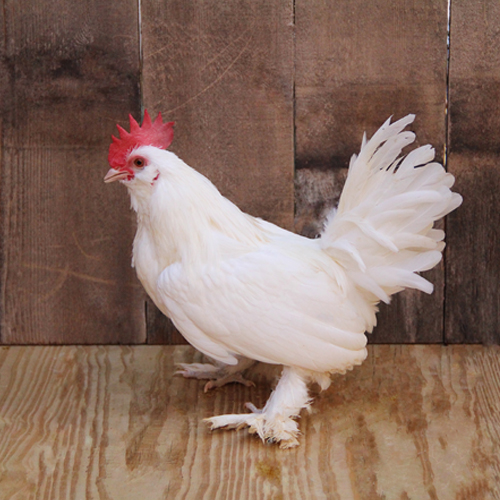
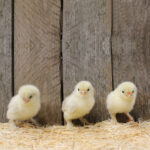
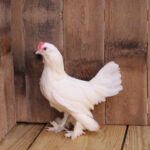
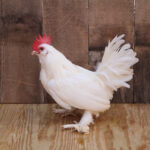
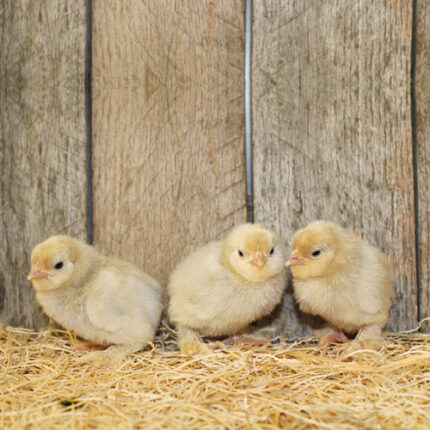
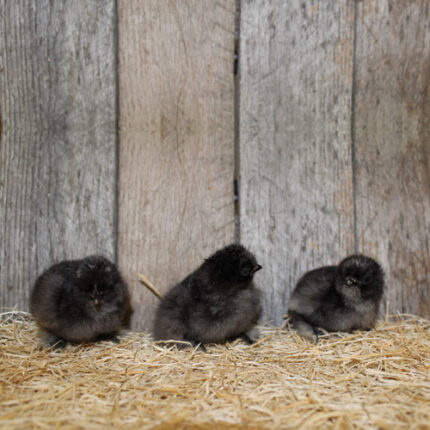


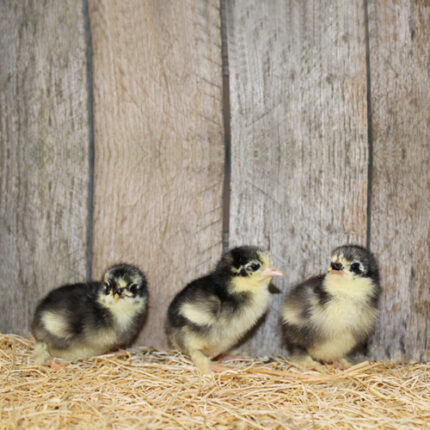
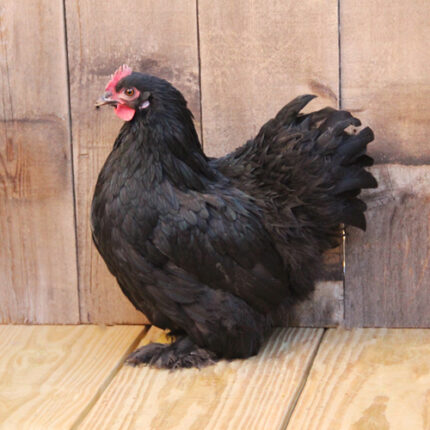
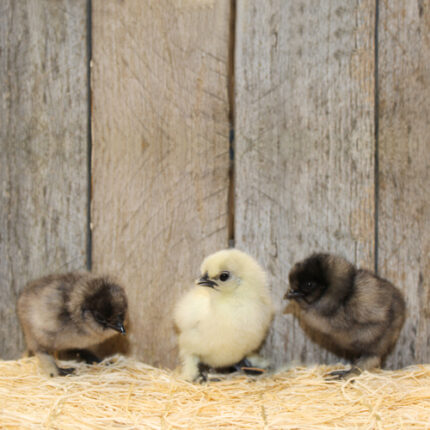
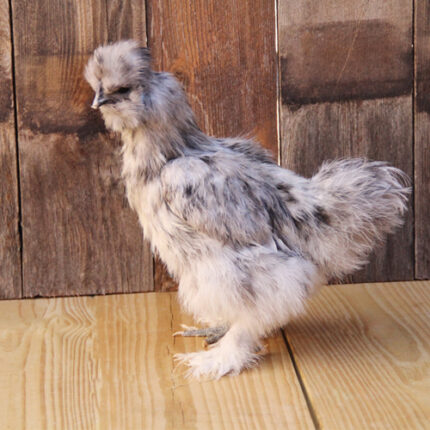
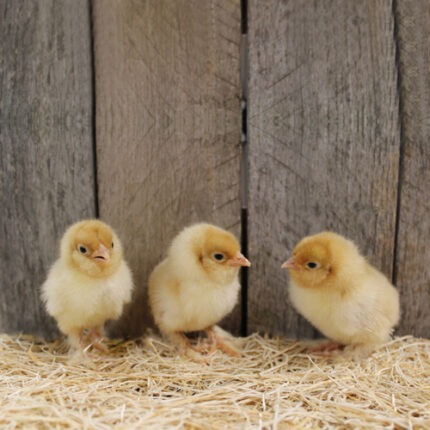
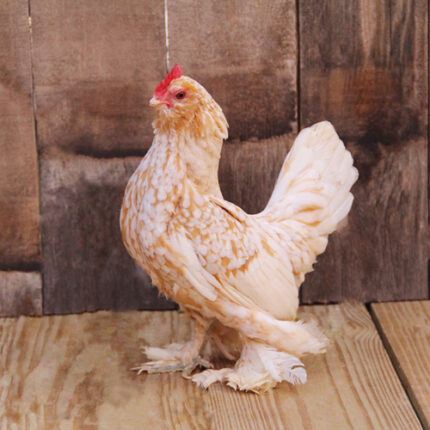
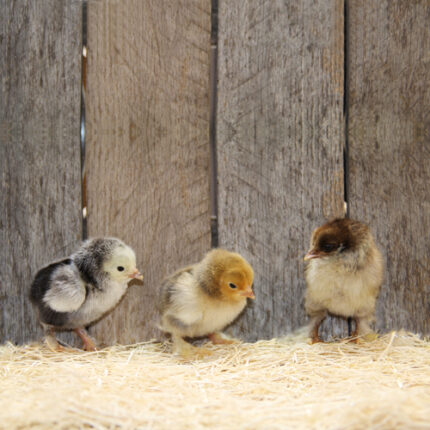
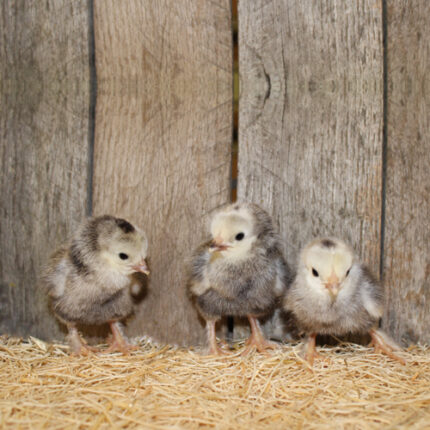
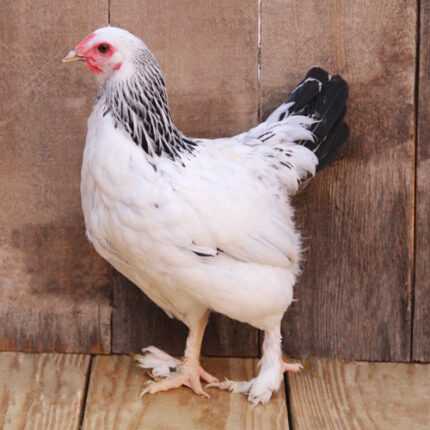
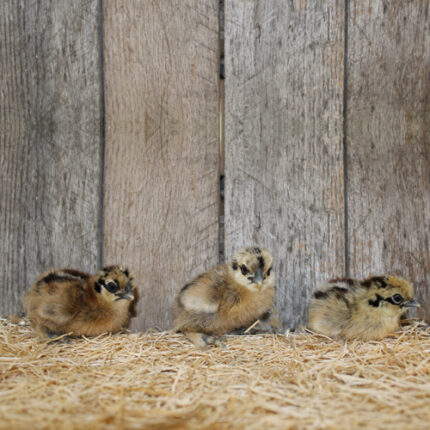
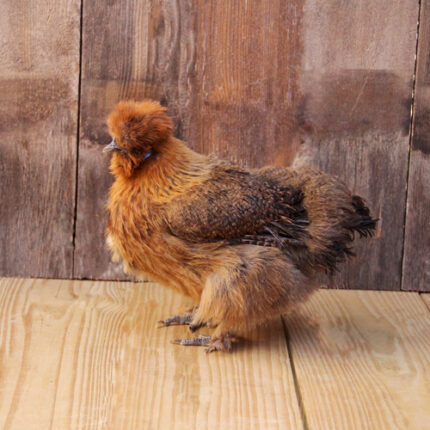
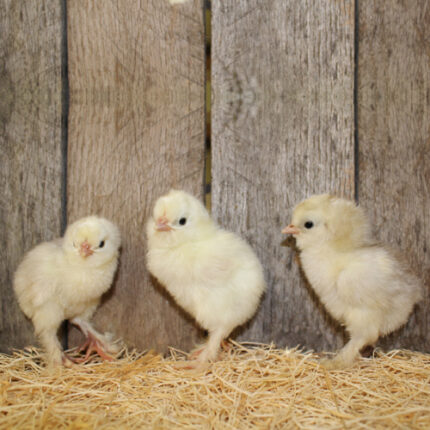
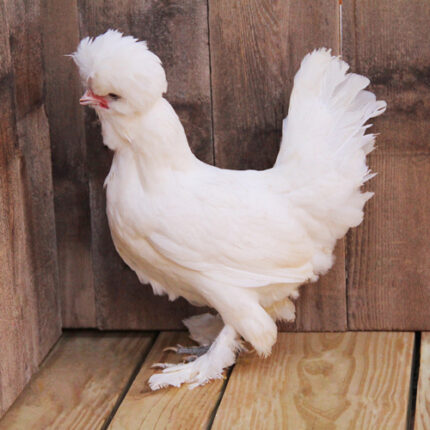
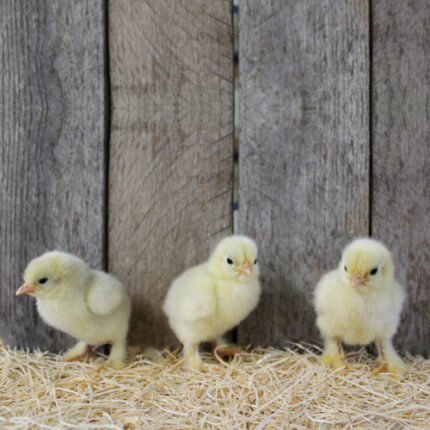
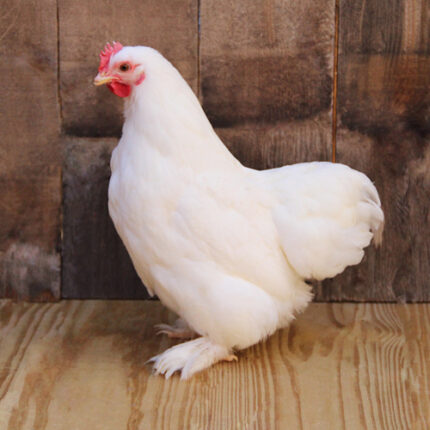
Reviews
There are no reviews yet.